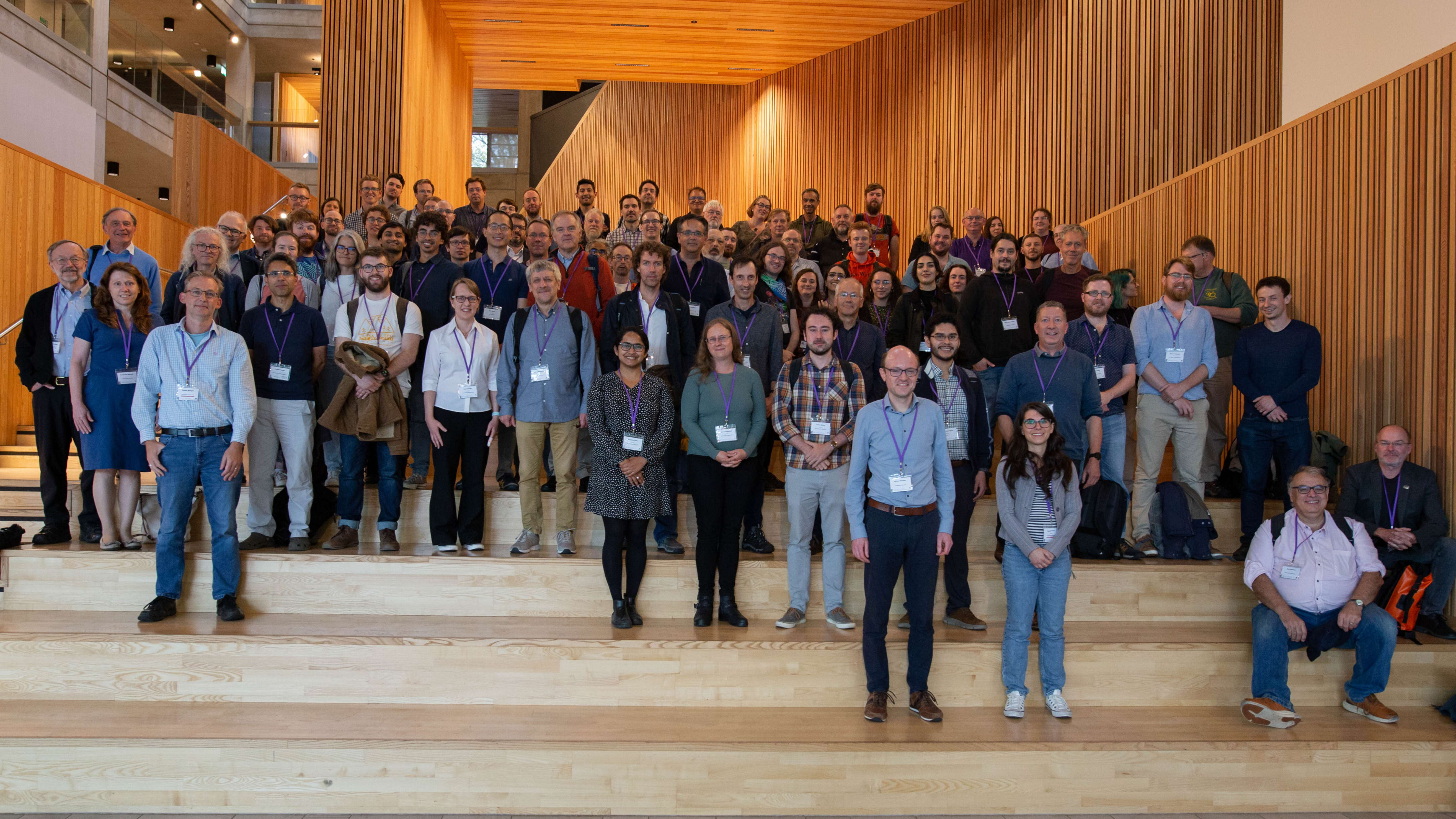Physics Department News
21 years of our Astronomy and Astrophysics group
Between the 4th and 6th of September, the Astronomy & Astrophysics group held a meeting at the Faculty of Arts Building to celebrate 21 years of astronomy at Warwick and the scientific legacy of the late Prof. Tom Marsh, the group founder. More than a hundred people attended the meeting, with about half of the attendees being external delegates and coming from as far as the USA and South Africa. Tom moved to Warwick from Southampton in 2003, after the Department of Physics decided to expand the scope of its research. From its humble beginnings with only two staff members, Tom himself and Boris Gaensicke, one postdoc and a couple of PhD students, the group has now grown to more than 85 members, including 24 staff.
The first two days of the meeting were dedicated to Tom’s scientific legacy. The group heard about Tom’s key role in developing the technique of Doppler tomography, which enabled unique insight into the structure of accreting stellar systems. Tom’s contributions to the field of compact white dwarf binaries, one of the major strengths of the Astronomy & Astrophysics group, were highlighted by many of the speakers. They also heard about Tom’s work in instrumentation, in particular in the development of the state-of-the-art high-speed photometers ULTRACAM, ULTRASPEC and HiPERCAM, which have enabled Warwick to be at the forefront of some fantastic discoveries, such as white dwarf pulsars and the fastest spinning confirmed white dwarf. The talks provided a pleasant mix of scientific overview and testimonial, with many people sharing pictures and anecdotes of happy moments lived with Tom.
The last day of the meeting was focussed on the history of the Astronomy & Astrophysics group at Warwick. The group were joined by the Vice-Chancellor of the University of Southampton, Professor Mark E. Smith CBE, who was Pro Vice-Chancellor for Research at the University of Warwick when Tom was hired. He explained the background behind the strategic decision of expanding the Department of Physics and its research scope, which ultimately led to Tom’s hiring. Prof. Boris Gaensicke provided an overview of the group’s past achievements, and Prof. Don Pollaco summarised the present and discussed possible directions the group might take in the future, in particular with the soon to be built Digital Telescope Prototype, awarded £3M on an ERC Advanced Grant.
The meeting was closed with a “Share a memory” session, where all attendees were invited to share an anecdote or picture related to Tom or Warwick. They heard stories from many, from senior researchers who met Tom as a graduate student to current students who met Tom as a lecturer. Common topics in all cases were Tom’s kindness, humour, and brilliant intellect. Tom was a positive influence to all who met him and will be forever missed by the group, but they can take solace from witnessing his spectacular legacy living on.

